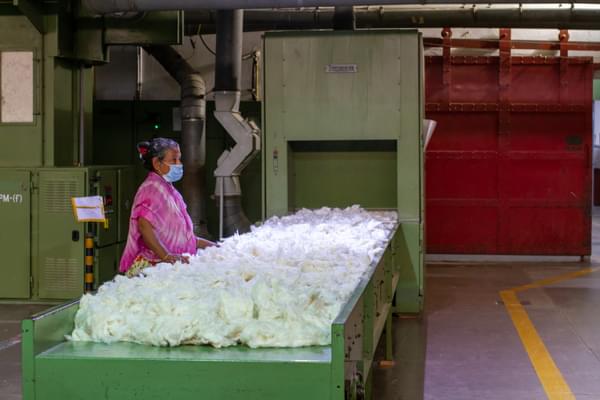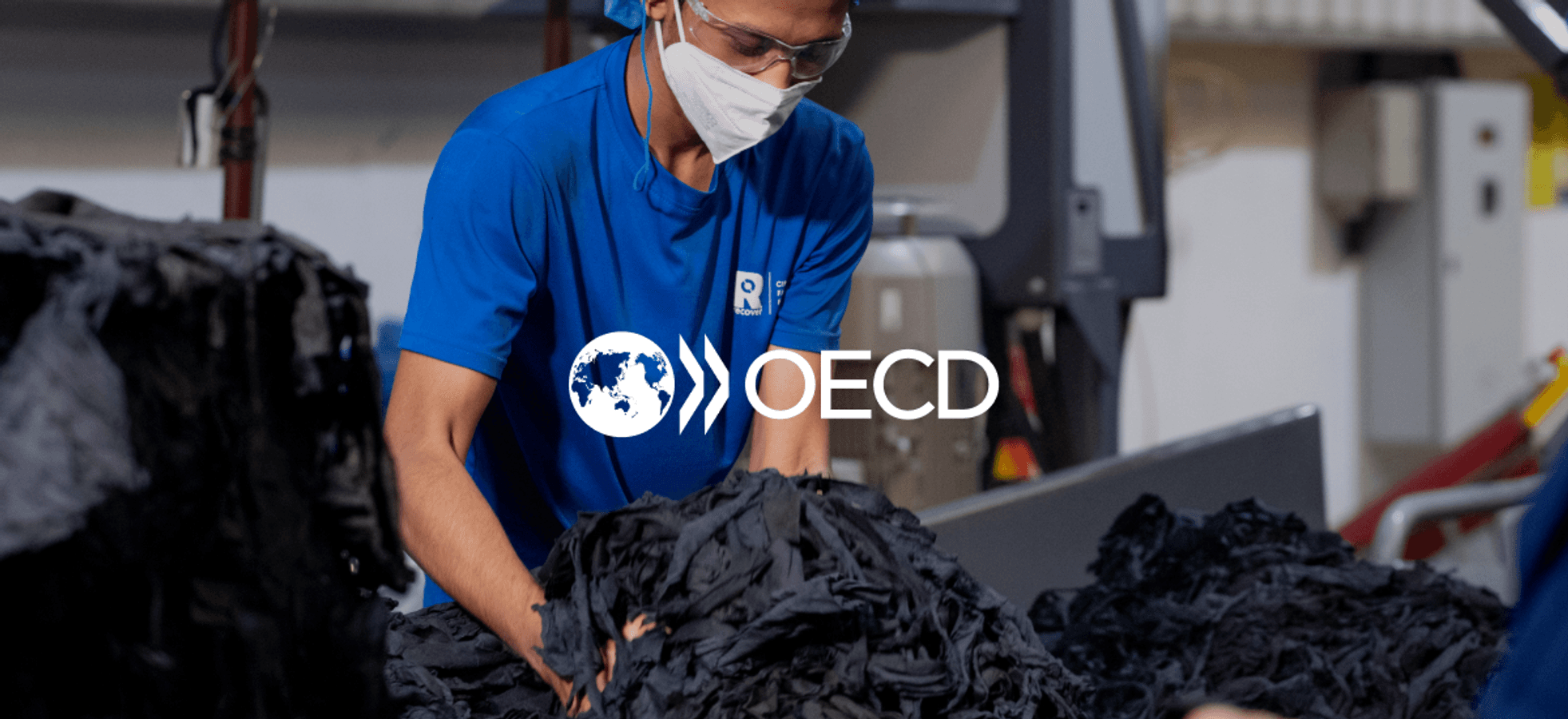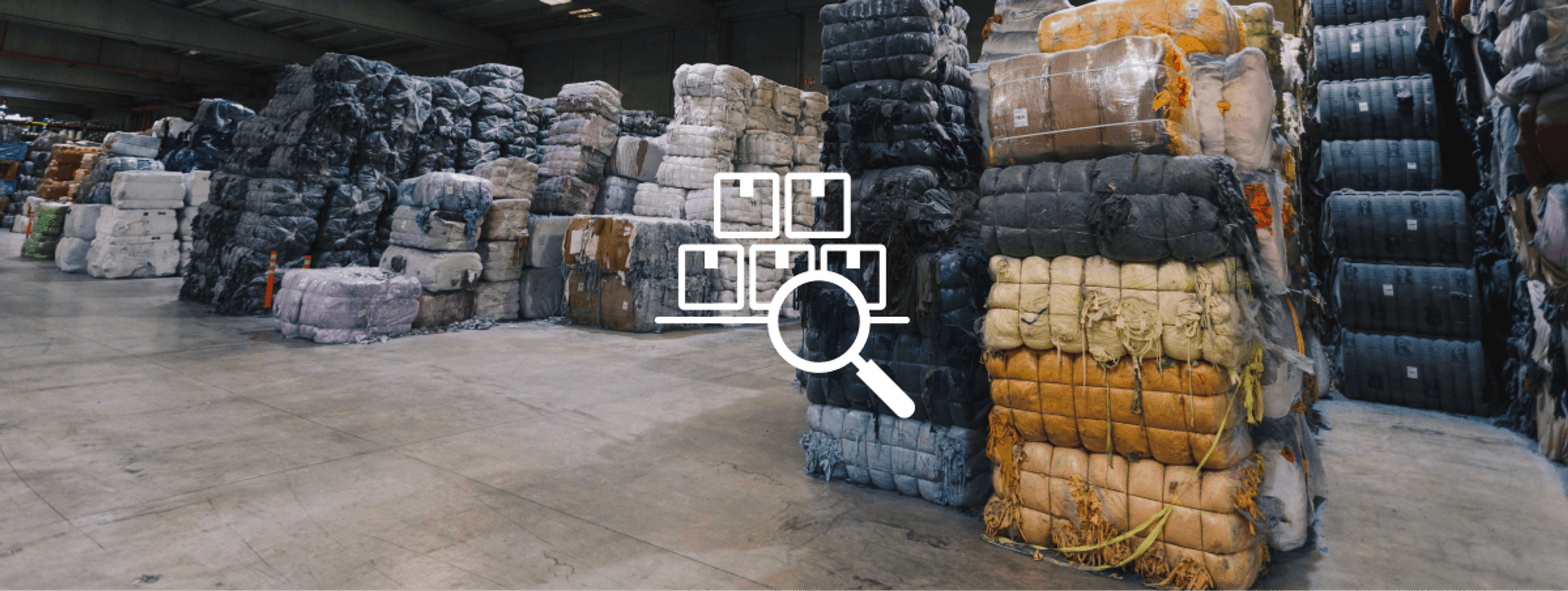Recover™ working actively to open new facilities in Bangladesh

Site map

As the fashion industry comes under increasing scrutiny for social and labor rights, both consumers and governments are boosting a growing worldwide movement to legally require companies to undertake human rights due diligence. According to the Organisation for Economic Co-operation and Development (OECD) Guidelines for Multinational Enterprises, Due Diligence is a risk management process that companies can carry out to identify and respond to current and potential negative impacts related to their own operations, as well as throughout their supply chains.
The OECD Due Diligence procedure has emerged as a pivotal reference point in this evolving legal framework, guiding companies on a more ethical path. Briefly, the procedure is based on six points [1]:

Upcoming legislation in Europe will be developed from the proposal for an EU Directive on Corporate Sustainability Due Diligence Directive (CS3D)[2], which will initially apply to large companies or companies in high-impact sectors, e.g. textiles, agriculture, extraction of minerals, etc. Even though SMEs – which represents 99% of EU companies –are excluded, it is estimated that around 16,800 companies worldwide will be directly affected [3], as they are exposed to the directive through business relationships with companies directly in the scope.
Besides that, some European countries have already adopted their Due Diligence law [4]: Norway, the UK, Germany, and France. While countries such as Poland, Spain, Italy, and Ireland are currently developing the law. Outside Europe, we can find early developments in California and Canada as well as already-established legislation in Australia and New Zealand. This is a worldwide push for private companies to ensure the human rights of people working for them, and their supply chain.
Aiming to be a frontrunner in sustainability, Recover™ is already working on compliance with the Due Diligence procedure, regardless of not being under the CS3D scope. As mechanical recyclers, our feedstock is textile waste. Therefore, the Recover™ supply chain is broad and complex as we source from different countries. Since every country has different social and economic structures, we must adapt to the needs of each culture, always ensuring human rights compliance.
In order to generate sound relationships with our suppliers, which are aligned with Recover™ business culture, the Responsible Sourcing Policy[5] has been launched. The idea of this policy is to ensure that Recover’s raw material is textile waste and that providers of these materials are improving their compliance with Recover’s help. This is a long process where both Recover™ and the supplier shall work together day by day, building trusted business relations and pursuing business compliance according to national and international standards.
The purpose of responsible sourcing is to use our purchasing power to influence suppliers’ business standards for the better. Therefore, when breaches of Recover´s Code of Conduct for Business Partners[6] are detected, the company shall assess their severity. The normal response to non-compliance should be to follow up with the supplier through requirements, dialogue, and guidance. We work in partnership with producers and suppliers to transform the way we source and create new values to be shared by all.
At Recover™, we truly believe in change for more transparent and traceable textile supply chains, enhancing workers' rights and environmental protection across all the different players.